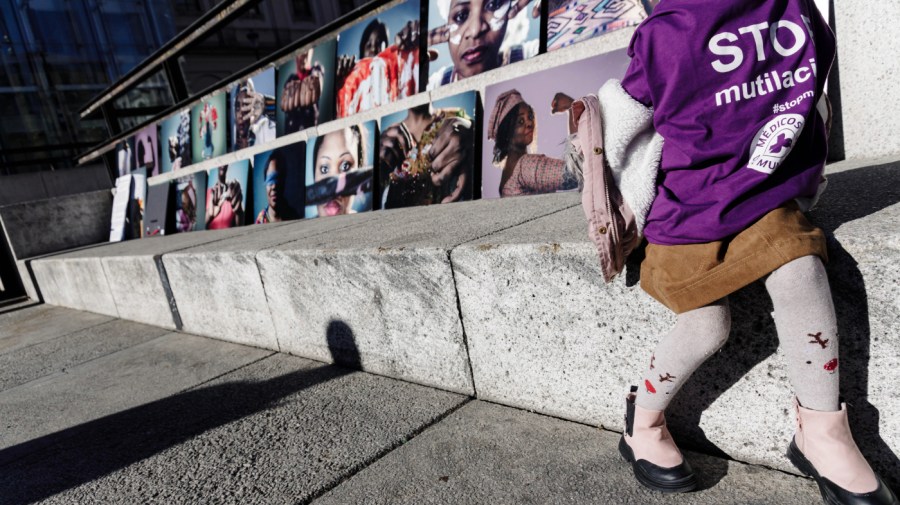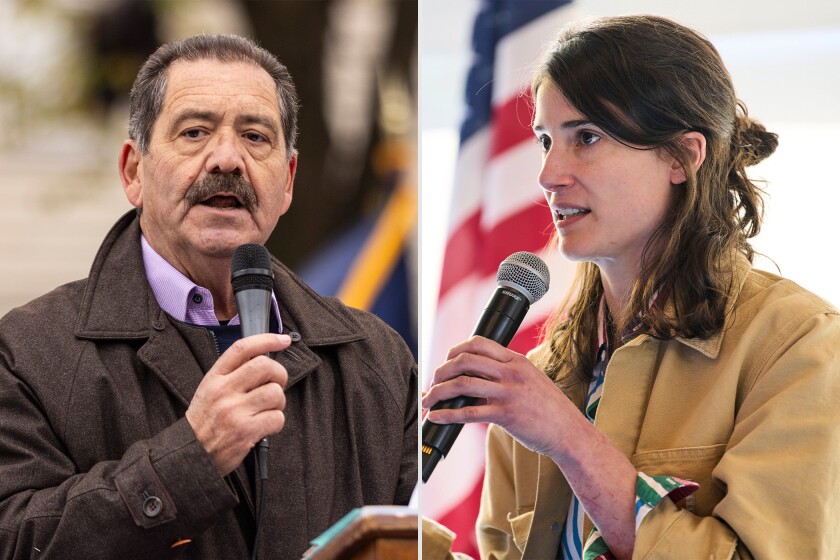Calls for action against female genital mutilation (FGM) in the United States have intensified, with advocates urging President Donald Trump to take decisive steps to eliminate the practice. Reports indicate that despite being illegal, FGM remains a concern in certain communities across the country. As the issue garners greater attention, the President is positioned to address it through federal initiatives.
FGM, defined by the World Health Organization (WHO) as any procedure involving the partial or total removal of external female genitalia, affects millions of women worldwide. In the U.S., cases are often linked to specific immigrant populations, where the practice is culturally entrenched. According to the U.S. Centers for Disease Control and Prevention (CDC), approximately 513,000 women and girls in the United States are at risk of FGM or have already undergone the procedure.
Advocacy groups, including the United Nations and various women’s rights organizations, emphasize the need for stronger enforcement of anti-FGM laws and educational campaigns aimed at affected communities. February 6 marks the International Day of Zero Tolerance for Female Genital Mutilation, a date that serves as a reminder of the global commitment to eradicate this harmful practice.
Legislative Framework and Federal Action
The U.S. Congress has introduced various bills aimed at strengthening the legal framework against FGM. However, implementation and enforcement remain inconsistent. Advocates argue that President Trump could leverage his position to prioritize FGM as a public health issue, encouraging both legislative and community-level interventions.
In a recent statement, a coalition of human rights organizations urged the administration to allocate resources for educational programs that inform at-risk communities about the dangers of FGM. They propose that a national campaign could raise awareness and ultimately lead to a significant decrease in the practice.
Experts highlight that addressing FGM requires a multifaceted approach, including support for affected women and girls, legal enforcement, and cultural sensitivity in outreach efforts. By collaborating with community leaders and health professionals, the federal government can foster a more informed dialogue surrounding the issue.
The Role of Advocacy and Awareness
The ongoing efforts to combat FGM are part of a broader movement advocating for women’s rights and health. Organizations such as Equality Now and Women’s Rights International have launched campaigns to raise awareness and promote legislative change. Their initiatives focus on empowering women and educating communities about the health risks associated with FGM.
Public awareness campaigns, particularly on social media, have gained traction, engaging a younger audience in conversations about FGM. These platforms serve as vital tools for advocates to share stories, dispel myths, and encourage community members to speak out against the practice.
As the conversation surrounding FGM continues to evolve, the role of high-profile figures, including President Trump, becomes increasingly significant. Advocates believe that a strong statement from the President could galvanize national efforts to eliminate FGM and protect the rights of women and girls across the United States.
In conclusion, the potential for President Trump to effect change in the fight against female genital mutilation is substantial. By prioritizing this issue and collaborating with community leaders and health organizations, the administration can play a pivotal role in ending FGM and ensuring the health and dignity of women and girls in the U.S. and beyond.







